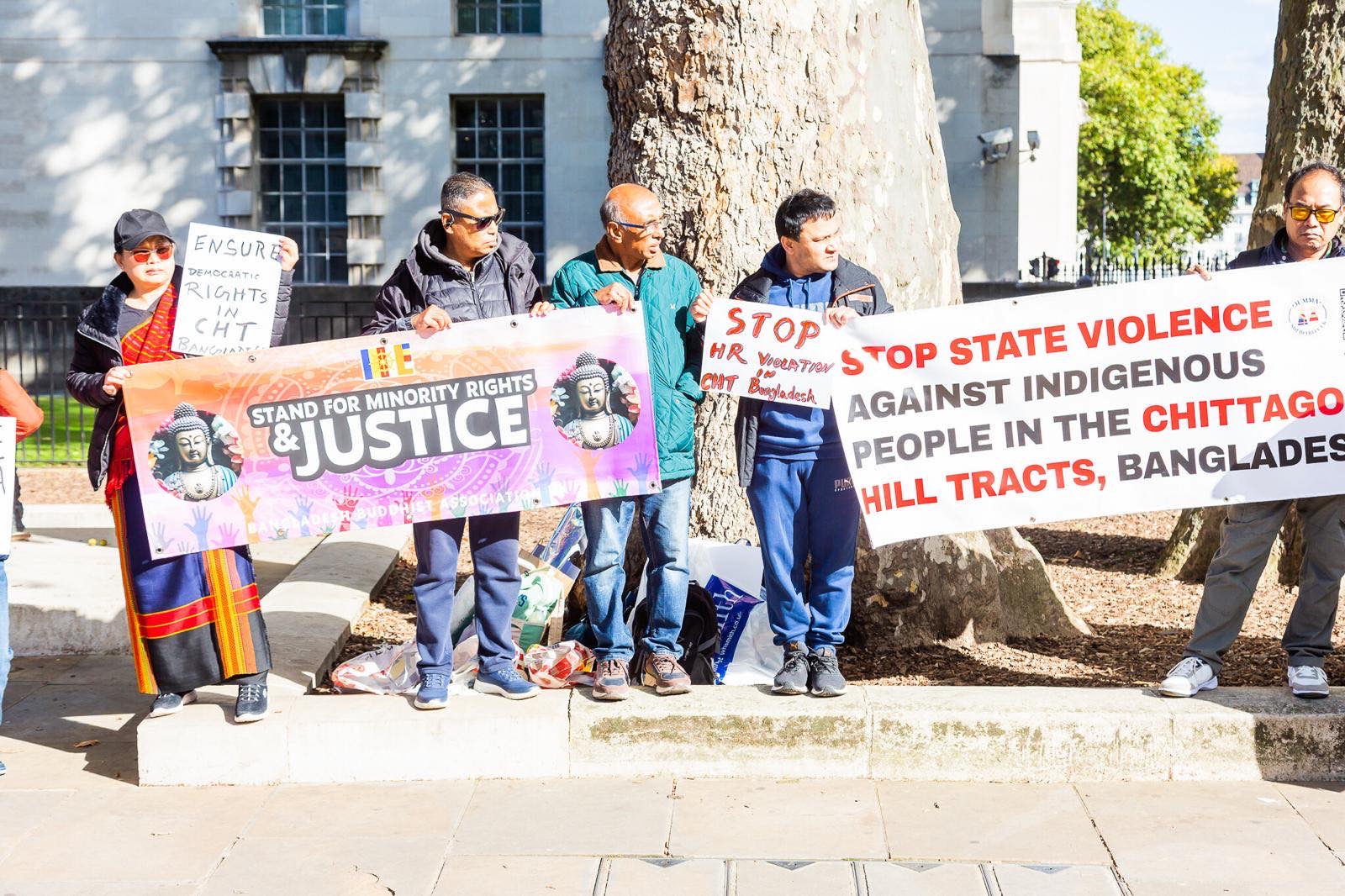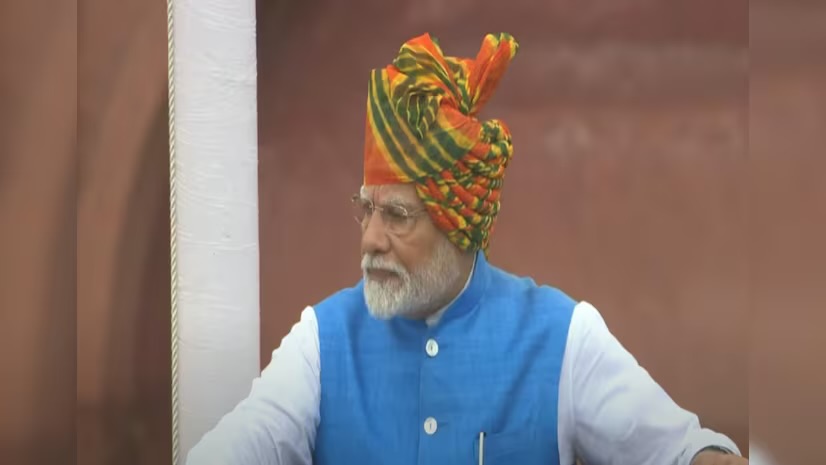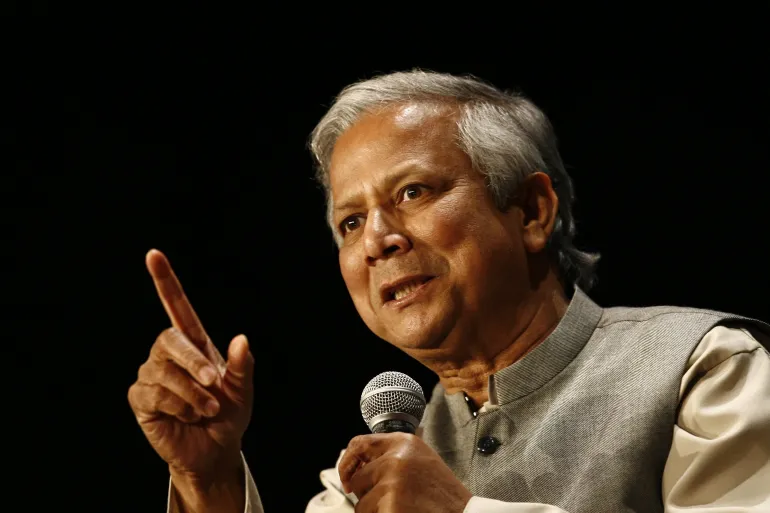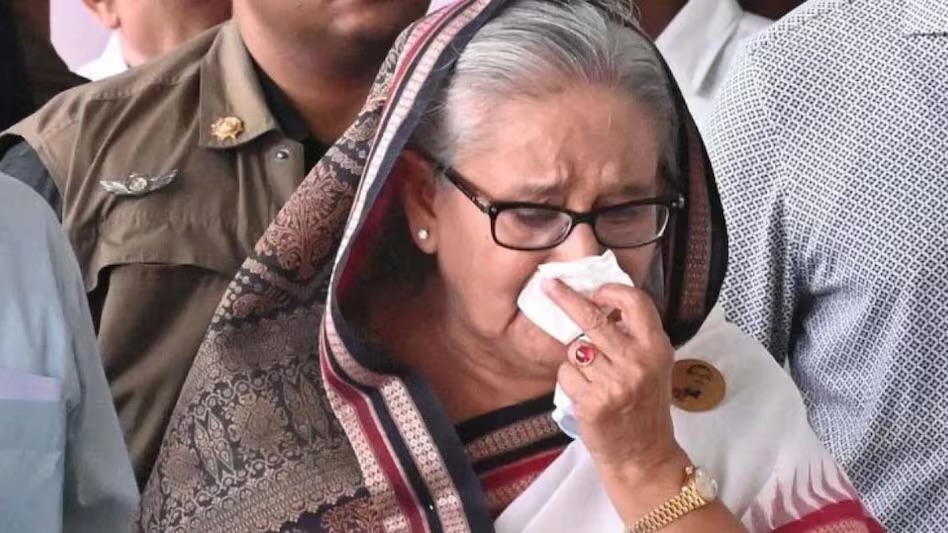Bangladesh Attorney General Proposes Removing ‘Secularism’ and ‘Socialism’ from Constitution

DHAKA, Nov 15: Bangladesh’s Attorney General Mohammad Asazzaman has proposed significant amendments to the country’s Constitution, suggesting the removal of “secularism” and “socialism” as two of its foundational principles. The proposal, made during a High Court hearing on Wednesday, also seeks to eliminate a provision mandating capital punishment for unconstitutional regime changes.
The Attorney General’s remarks came during a writ petition hearing filed by a group of citizens. Asazzaman argued that while Sheikh Mujibur Rahman, widely regarded as the Father of the Nation, was an undisputed leader, the ruling Awami League had “politicized” his legacy for party interests. He further proposed removing Sheikh Mujibur Rahman’s official designation in the Constitution to avoid what he termed political exploitation of his name.
These suggestions mark a controversial departure from the original guiding principles enshrined in the Constitution after Bangladesh gained independence in 1971. Secularism and socialism, along with nationalism and democracy, were introduced as the bedrock of the state’s identity under Sheikh Mujibur Rahman’s leadership.
The Attorney General’s proposal is likely to spark heated debates, as secularism has remained a key tenet in a country with a Muslim majority but a history of religious pluralism. Socialism, meanwhile, has long been associated with the vision of economic justice that guided the nation’s formative years.
This development comes as Bangladesh approaches parliamentary elections, with political tensions running high between the ruling Awami League and opposition parties. Critics are likely to question whether these proposed changes aim to address ideological concerns or further politicize the Constitution ahead of the elections.
The High Court is yet to deliver its ruling on the writ petition, and the proposed amendments are expected to trigger intense public and political discourse in the coming weeks.



















Facebook Comments